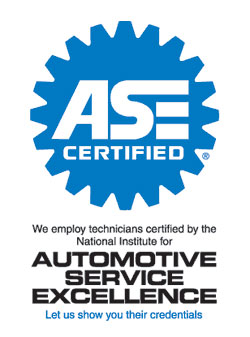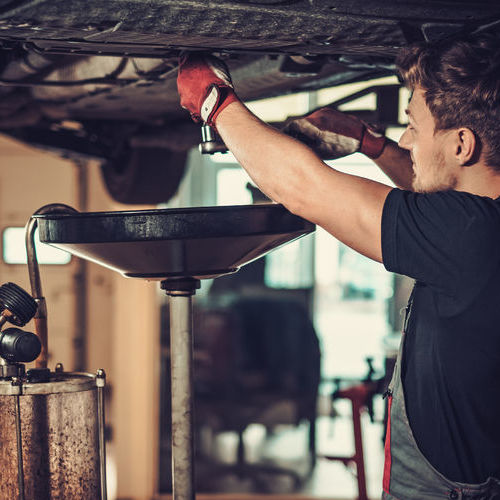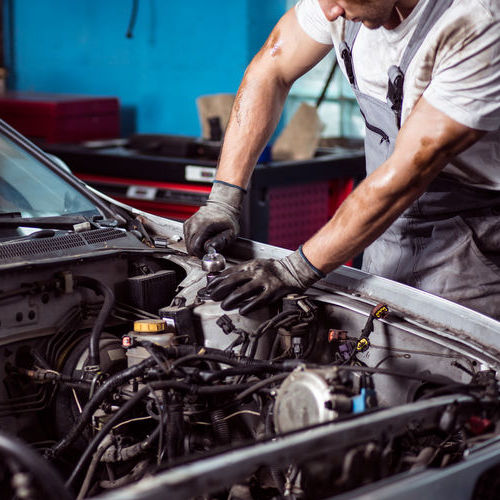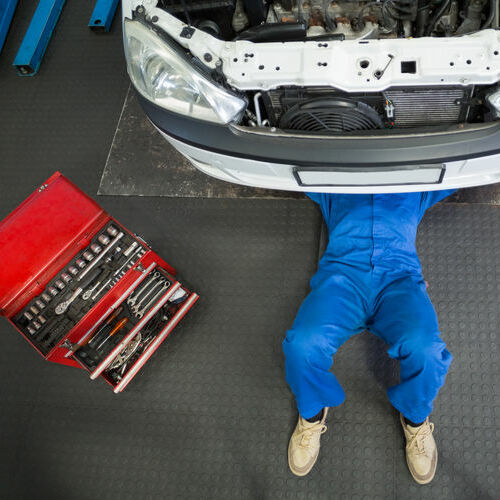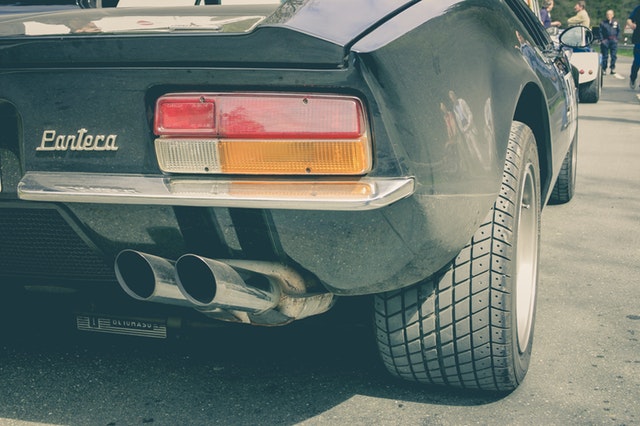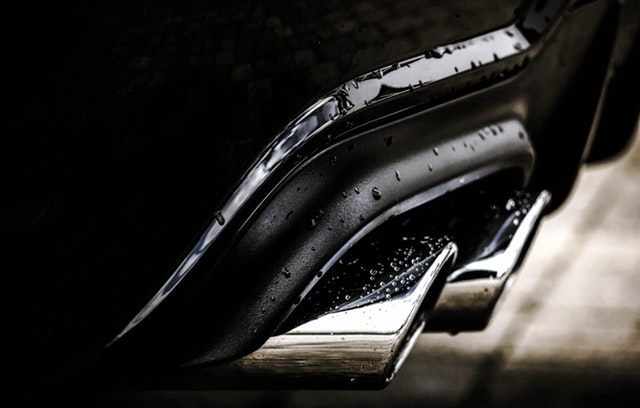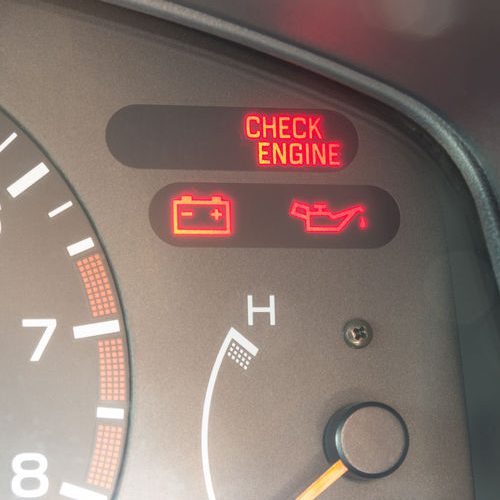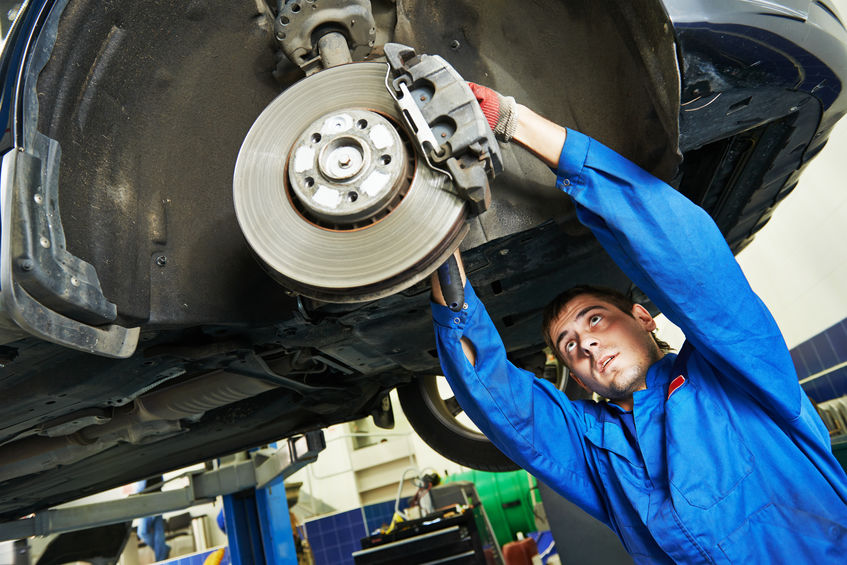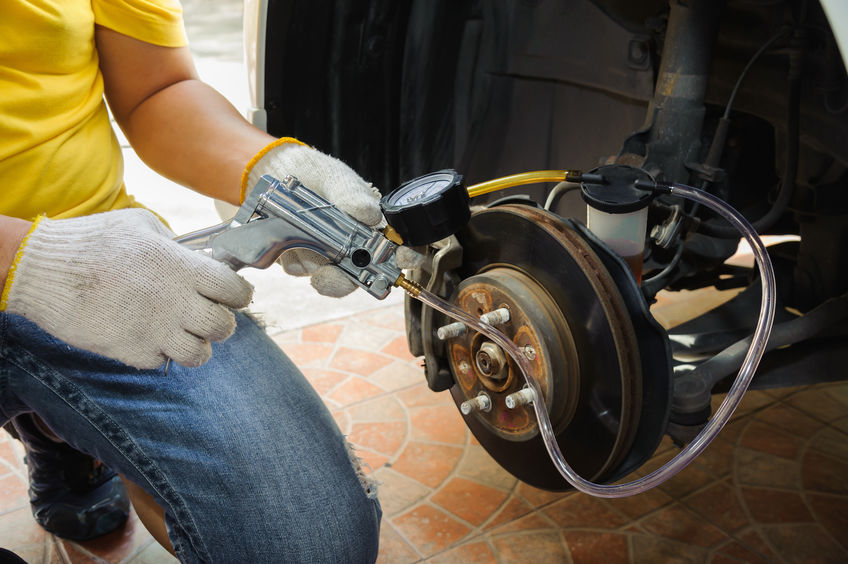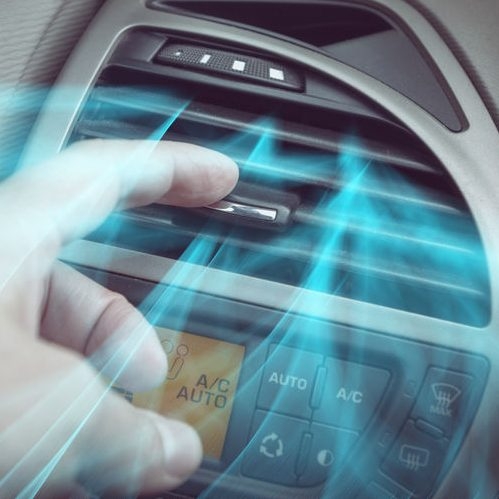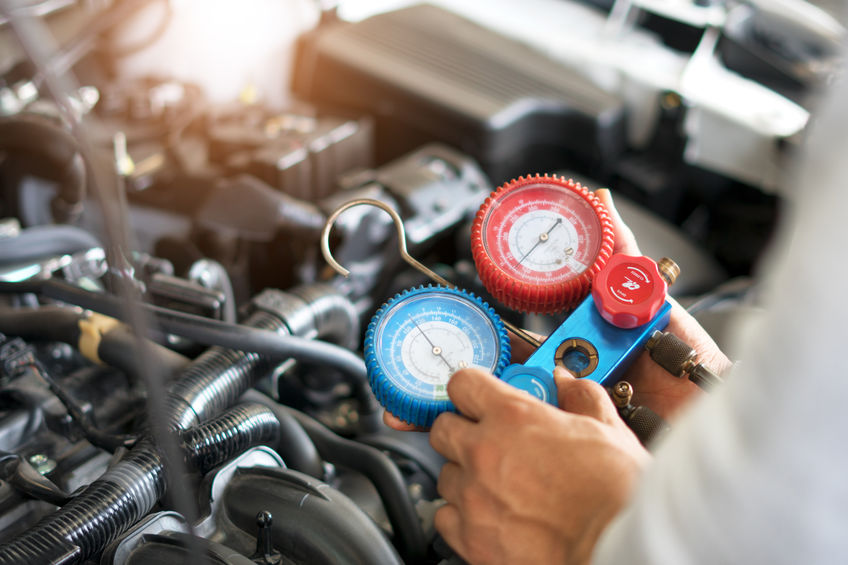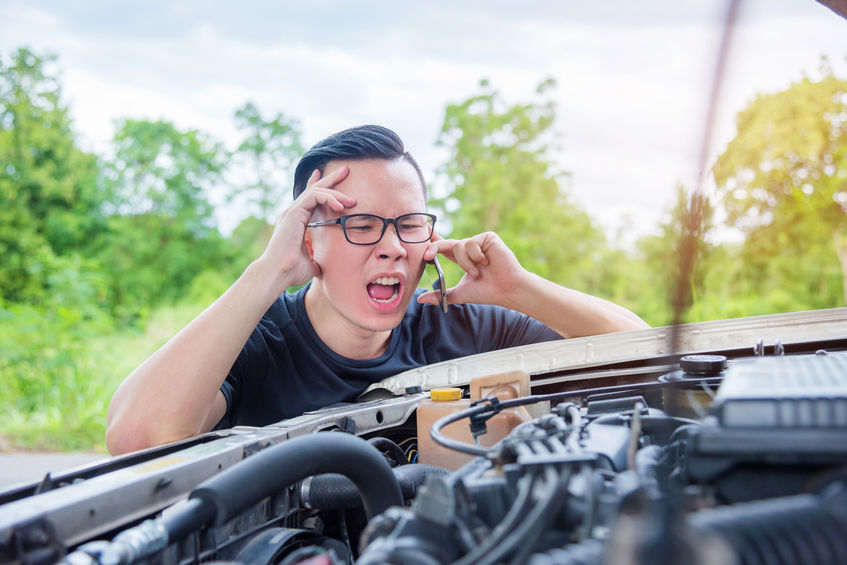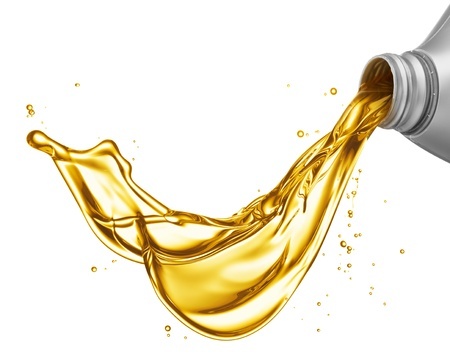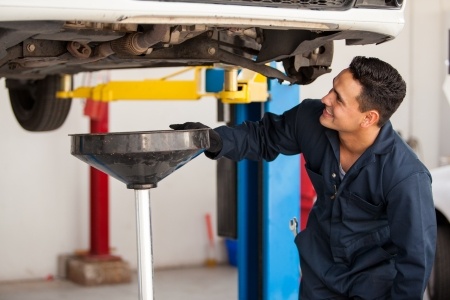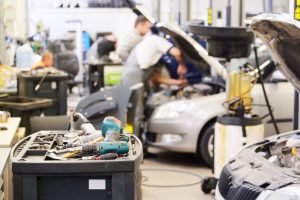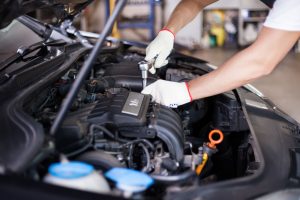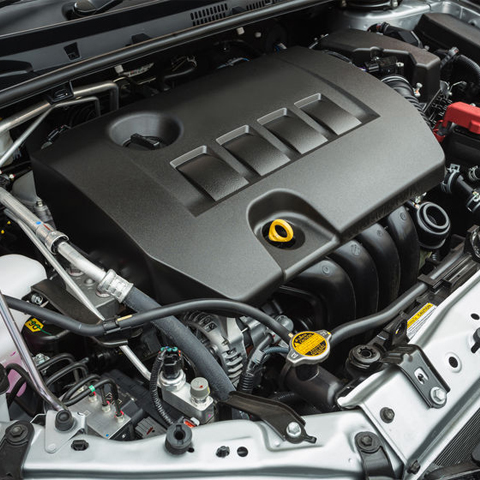
What does it mean to overhaul an engine?
Cars are a complicated piece of machinery. The easiest part of them is driving, and that challenging with traffic today. When you consider what makes a car function though, the details of the engine, transmission, and more, it is overwhelming. It is not knowing how to do an engine overhaul, that scares most non-car people off!
The everyday person may not have a clear understanding of overhauling an engine, or even know where to overhaul the engine, and that’s understandable. Having an engine overhaul is removing it from the car, disassemble it (aka tearing it down), clean it with a cleaner specific for automotive engine cleaning.
Then examine and inspect the engine, confirming what part of the engine is having issues, make the repairs and then test it. The process of an engine overhaul includes these basics internal parts replacing/repacking bearings, installing new piston rings and oil seals, and honing.
How do you know if you need an engine overhaul?
An engine overhaul isn’t as uncommon as you may think, but it’s necessary to keep a car running the best it can. Some common signs that a car engine overhaul is needed are:
- A Knocking Sound: You may hear a low-level knocking coming from the engine and as you rev the motor, it gets louder. This annoying sound may sound like there is a little person inside your engine with a hammer trying to get out. This is more than annoying. It could indicate severe problems and an engine overhaul is necessary.
- Smoking Excessively: The tailpipe is what comes out from under your car at the rear. For some cars, it may be coming out the side by the back tire. So, it’s not unusual that you wouldn’t notice if there is an excessive amount of smoke coming out. White smoke is typically the heat from the engine mixing with cooler outside air. If the smoke is dark and thick, this could indicate your car needs an engine overhaul.
- Burns or Uses Oil Quickly: Having your oil changed regularly is basic owner maintenance responsibility, just as checking it periodically. If your car seems to need oil added to the engine too frequently, for example, every 1,000 miles your car shouldn’t need more than 1 quart of oil. If your car is using more than this, it is an indication that the engine is wearing out and you should consider an engine overhaul.
- Loses Compression: A car engine operates under compression, and if the compression is lost, it isn’t working properly and can cause the car to misfire. The only way to correct this is an engine overhaul.
- Excessive Fuel Use: Gasoline is expensive and keeping your car running properly is the best way to save gasoline. So, when the engine isn’t running correctly, it uses more gas. If you see to be putting gasoline more often, your engine may be wearing out and an engine overhaul can fix that.
- Sludge In Oil: When you have the oil changed in your car, if the technician advises you there is sludge in the oil pan, they may recommend running a cleaner through it the replace the oil. After driving it a certain amount of mileage, if the sludge is back, this is usually a tell-tale sign that your car needs an engine overhaul.
How much does it cost to overhaul an engine?
This is a popular question and for good reason. However, there are many factors to be taken into consideration when doing an engine overhaul. Therefore, the cost is never exact and can vary from a car to car, city to city. An average is $2,500 and up.
The next most popular question asked is “How long does an engine overhaul take?,” and the answer is the same. An engine overhaul can take a long weekend, several weeks, or possibly months. Sometimes, the parts must be special ordered, and it depends on how complicated the parts are to install.
Do rebuilt engines last long?
When an engine overhaul is done correctly to last 10s of 1000s miles, some even 1000s of 1000s miles. It also depends on how it is driven and if the owner has kept the maintenance up on the car, like regular oil changes.
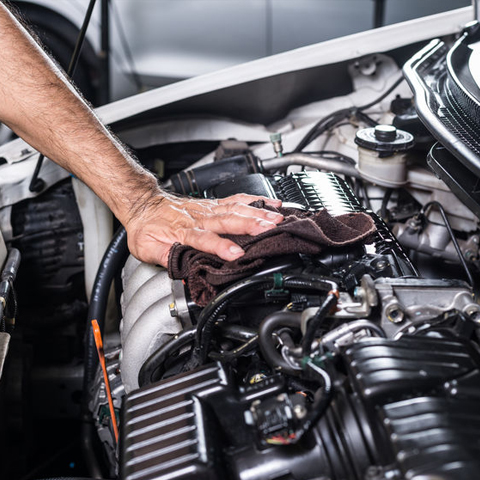
Is it worth it to rebuild an engine?
It varies the opinion on this topic. Factors that you need to consider are your financial means and how well you know the history of the car. Buying a new car may seem like the better way to go, but you need to weigh it out. If your car is paid for and you like the car, then an engine overhaul would be the way to go. However, if you still owe on the car, consider that you must keep making payments and pay for the engine overhaul, consider your insurance payment.
Is an engine overhaul good? It is a personal decision based on affordability, if you like the car, do you have another means of transportation while the engine overhaul is in the process? You’ll get more mileage, but it will be a “used” car and you can expect to need to do this again at some point. Whether you choose an engine overhaul or buy a new car, just like you would with problems with the roof on your home, let a professional inspect the situation and help you make the right decision. Reach out to the team at Rolling Auto Service for your engine overhaul needs in Venice, FL. Call 941-493-6511 today.

